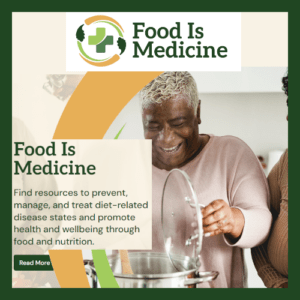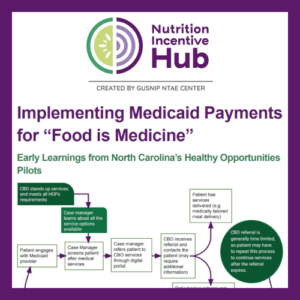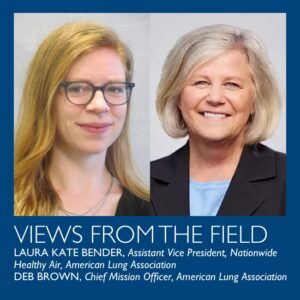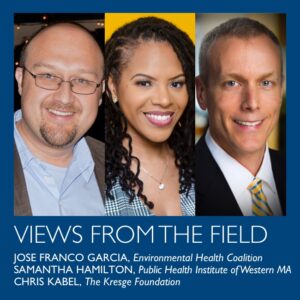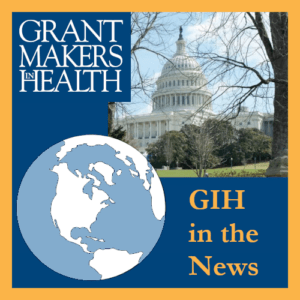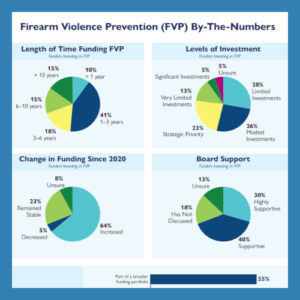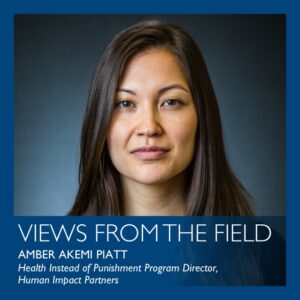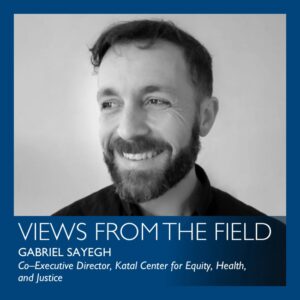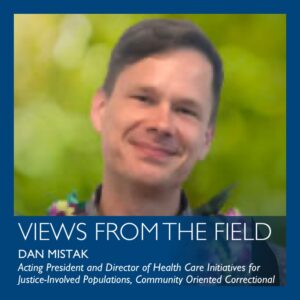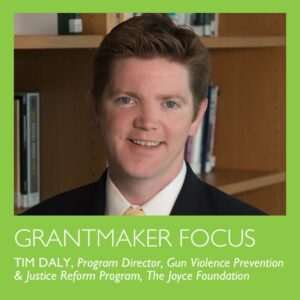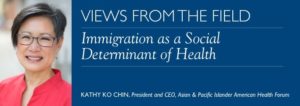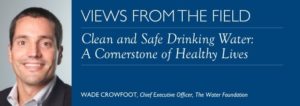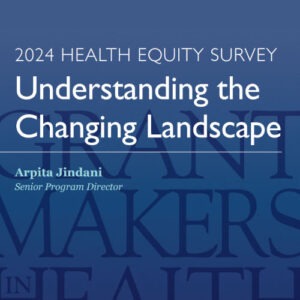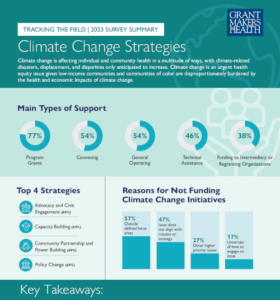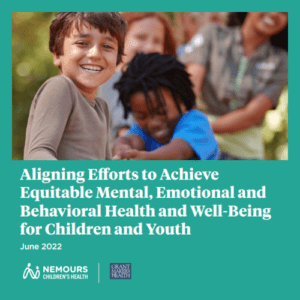Upcoming Events
Past Events
Featured Resources
New America Report Examines Subminimum Wage for Disabled Workers
Under the Fair Labor Standards Act, employers are allowed to pay disabled workers less than the federal minimum wage, which has significant impacts on these workers’ health and well-being. A report from New America examines, state by state, the policies that drive the use or elimination of the subminimum wage, as well as the programs each state provides to more comprehensively support individuals with disabilities as they seek meaningful employment and fair wages.
HHS Launches New Food is Medicine Virtual Toolkit
The Toolkit was developed in response to the National Strategy on Hunger, Nutrition, and Health and to support communities design and implement effective Food is Medicine interventions.
Case Study Examines Early Learnings in Using Medicaid Payments for Food is Medicine
A new resource commissioned by the Fair Food Network examines the early learnings from the Healthy Opportunities Pilots effort in North Carolina to use federal 1115 Medicaid Demonstration Waiver funding to scale and sustain community-based implementation of a combination of produce prescription programs, medically tailored meal programs, and nutrition education.
Explore Health Equity and Social Justice Topics
Recent Items - Climate and Environmental Health
The Health Sector is a Critical Voice in Climate Advocacy
Recent Items - Health Equity
Recent Items - Healthy Eating/Active Living
Recent Items - Housing
Marin Community Foundation: October 2024
Horizon Foundation: September 2024
Recent Items - Justice Reform
Recent Items - Social Determinants of Health
Marin Community Foundation: October 2024
Recent Items - Violence Prevention
The Joyce Foundation
Latest Resources
Latino Health Equity and the Social Determinants of Health
Earlier this year, with the goal of generating new insights and ideas about the role funders can play to advance health equity for Latinos and other people of color in California, GIH and Hispanics in Philanthropy (HIP) convened a meeting in San Francisco for funders and community partners on building a movement for Latino health equity.
Who’s Rural?
Far too often, rural people are left out of the national conversation because of their geographical and social isolation from mainstream America. Yet they face significant health challenges.
Reflections on the 2018 Annual Conference
Health philanthropy is a complex, ever-evolving sector. New health foundations continue to emerge, bringing additional assets to communities across the country. Established health foundations continue to experiment, exploring new strategies to address the root causes of health problems, stimulate delivery system change, and build equitable working relationships with community partners.
Recommitting to the Journey
A few weeks ago, I was the moderator for a conversation about “Building, Protecting, and Promoting Evidence to Achieve Health Equity,” between Rich Besser of the Robert Wood Johnson Foundation (RWJF), and Bob Ross of The California Endowment (Endowment).
Immigration as a Social Determinant of Health
The bedrock of our immigration policy is exclusion. Anti-immigrant sentiment continues to run through our laws, from the rise of anti-immigrant policies of the 1990s to the overwhelmingly anti-immigrant rhetoric permeating our society today.
Clean and Safe Drinking Water: A Cornerstone of Healthy Lives
In California, where our foundation is based, upwards of 1 million residents lack access to clean and safe drinking water in their homes. Their drinking water is contaminated by nitrates from fertilizer, industrial solvents, naturally-occurring arsenic, and other harmful elements.
Reports and Publications
2024 Health Equity Survey: Understanding the Changing Landscape
In 2024, Grantmakers In Health (GIH) surveyed its Funding Partners to understand how their health equity work has evolved. The survey consisted of 40 questions including demographic information, program focus areas, partner engagement, organizational strategy, priority population, successes, and challenges. This report summarizes findings from the Health Equity Survey titled, “Understanding the Changing Landscape.”
2023 Survey Summary: Climate Change Strategies
This infographic summarizes the responses to a Grantmakers In Health funder survey, conducted in May and June 2023, on how philanthropy is addressing climate change, and the barriers and opportunities that exist to support climate-related efforts.
Aligning Efforts to Achieve Equitable Mental, Emotional, and Behavioral Health and Well-Being for Children and Youth
This report issues a call to action for philanthropic organizations and public-sector partners that are ready to move forward in improving mental, emotional, and behavioral health. It describes existing philanthropic and federal initiatives and offers a potential portfolio of aligned strategies for private- and public-sector partners to consider.
Strengthen your knowledge, skills, and capacity.
GIH focuses our programming around five areas that are critical to achieving better health for all.
We invite you to explore the resources available on our focus areas pages, browse content in more specific issue areas, and to connect with GIH staff to discuss how we can partner and support your work.


